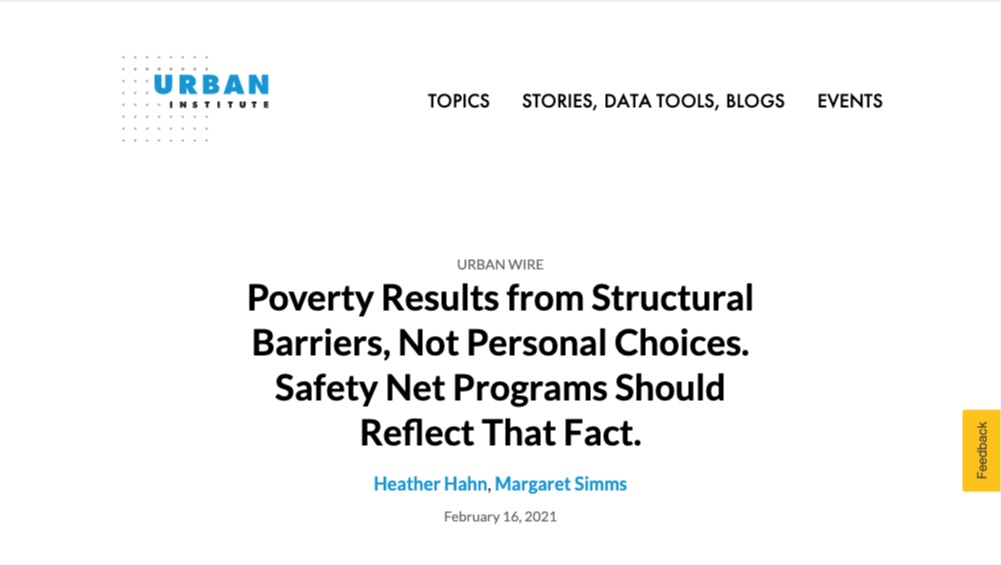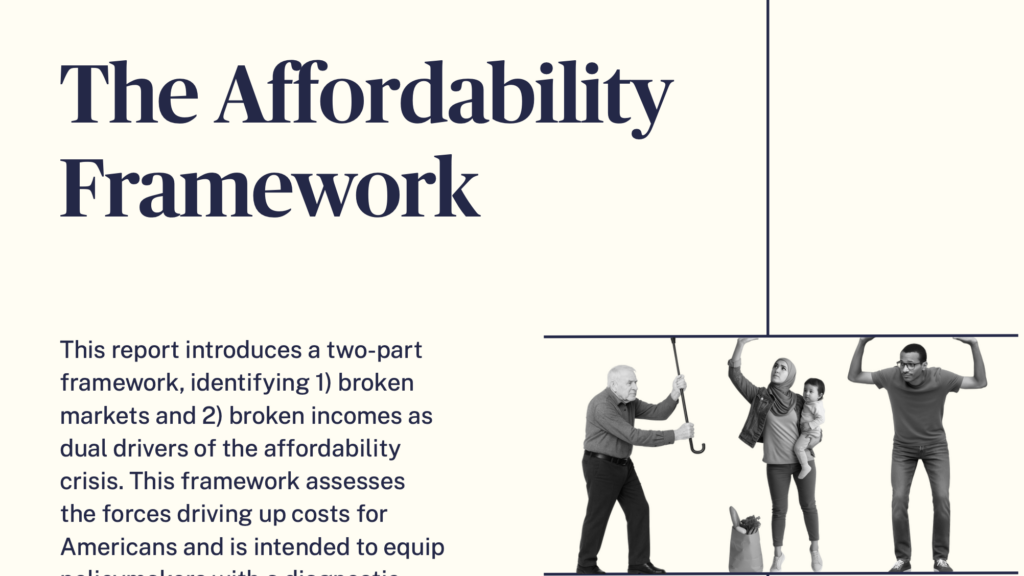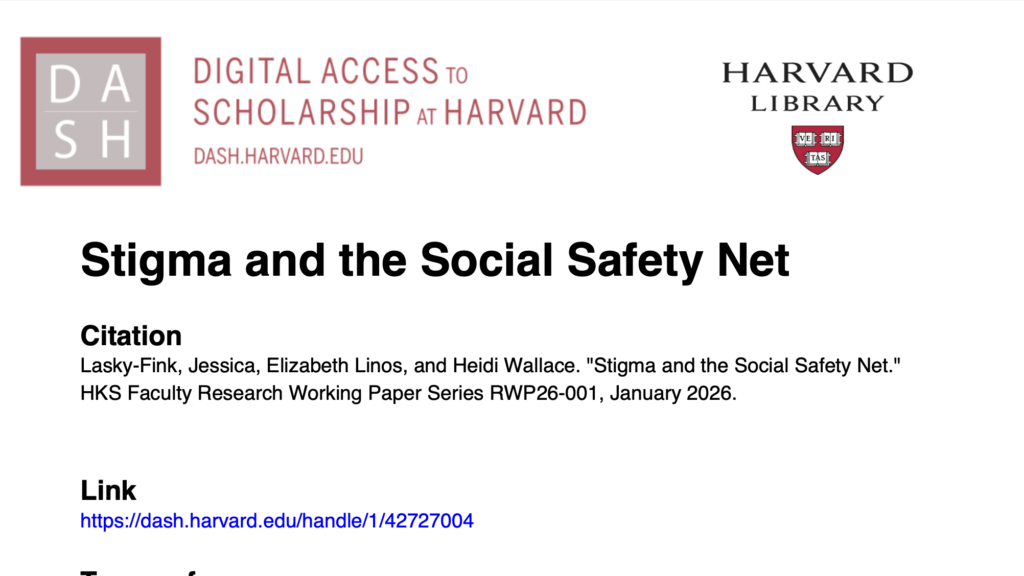Poverty Results from Structural Barriers, Not Personal Choices. Safety Net Programs Should Reflect That Fact
This Urban Institute article argues that poverty is driven by structural barriers rather than individual choices and advocates for safety net programs that address systemic inequities.

The article challenges the narrative that poverty results from poor personal decisions, instead emphasizing the role of systemic factors such as racial and economic disparities, labor market inequalities, and policy failures.
It highlights how current safety net programs often impose burdensome eligibility requirements and administrative barriers that make it difficult for people to access essential benefits. The piece calls for reforms that prioritize equity, reduce bureaucratic hurdles, and ensure that public assistance programs effectively support individuals and families facing structural disadvantages, ultimately fostering greater economic mobility and stability.
Share this Resource:


